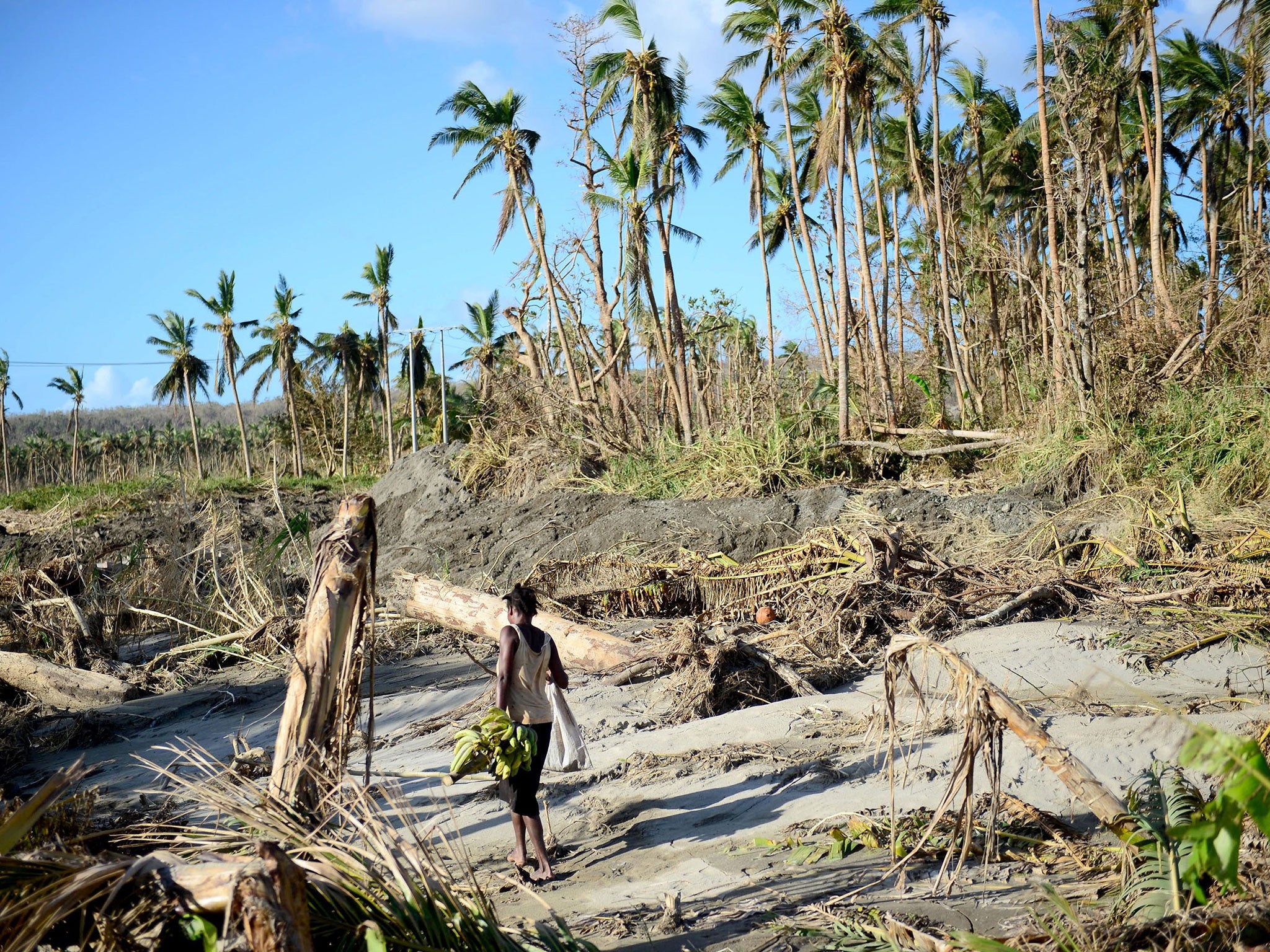'Cruel' cuts to asylum-seekers' support payments will push children into poverty, claim charities
The charities have joined forces to claim the cuts would make it almost impossible for refugees to afford to feed and clothe their families

Tens of thousands of asylum-seekers with children will be pushed deeper into poverty by “cruel” cuts to their support payments which come into force on 10 August, leading charities including the British Red Cross are warning.
The charities have joined forces to claim the move would make it almost impossible for refugees to afford to feed and clothe their families.
Their anger centres on a shake-up by the Home Office of help given to asylum-seekers, which includes a £16 weekly cut in the cash they are allocated for looking after a child.
Ministers have argued that the previous payments were more than refugees needed to cover basic living needs, but their stance came under fire from British Red Cross, the Children’s Society, Refugee Action and the Refugee Council.
They pointed out that research has found nearly 40 per cent of asylum seekers already could not afford food for their families, and 88 per cent did not have enough money for clothes. They warned that cuts would exacerbate hardship among the most vulnerable.
Norman McKinley, the managing director of the British Red Cross, said: “These cruel cuts will plunge families into further poverty, making it agonisingly tough for parents to feed their children, and practically impossible to buy clothes and other essentials.”
The reductions mean the weekly support for a couple with two children falls from £178.44 to £147.80 and for a couple with one child from £125.48 to £110.85. The support for a single parent with two children falls from £149.86 to £110.85 and for a single parent with one child from £96.90 to £73.90.
The figures are the result of new rules under which asylum seekers of all ages are paid the same support rate and families no longer receive higher payments for each child.
Asylum-seekers have no other source of income as they are not allowed to work while their applications are being assessed, which can take years.
The cuts coincide with a separate move to end support for asylum seekers 28 days after their applications have been rejected.
Lisa Doyle, the Refugee Council’s head of advocacy, said: “While MPs are to be awarded a significant pay rise, the Government has simultaneously pulled the rug from underneath vulnerable children and families who have fled unimaginable horrors. It’s utterly abhorrent that the Government has chosen to put people’s health and well-being at risk by making them even poorer.”
Stephen Hale, the chief executive of Refugee Action, said: “It’s clear the Government is using the situation in Calais as cover for increasing poverty and suffering among families seeking safety from persecution.”
A Home Office spokesman said: “The current system shouldn’t offer any perverse incentives for illegal migrants to lodge spurious asylum applications or encourage those without genuine claims for humanitarian protection to prolong their stay in the UK. It’s unfair to those in genuine need of asylum.
“We want to introduce new rules to support those who genuinely need it, but send out a very clear message to those who seek to exploit the system that Britain is not a soft touch on asylum.”
Oxfam helped record numbers in 2014-2015
Oxfam aided a record number of people caught up in humanitarian disasters in 2014-15 as it responded to a record number of emergencies, the charity’s annual report has said.
Issues such as Ebola in West Africa, the Gaza crisis, Cyclone Pam in Vanuatu and ongoing conflict in South Sudan saw it help 8.1 million people, a third more than its previous annual high. When taking into account non-emergency aid, the organisation said it helped a total of 11.8 million people. This included creating access to clean water for 4.1 million people.
Mark Goldring, Oxfam’s chief executive, warned that “the earthquake in Nepal and a surge in fighting in Yemen show that this year could be just as challenging”.
The charity’s income rose by 3 per cent to £401.4m, a quarter of which came from the general public.
Join our commenting forum
Join thought-provoking conversations, follow other Independent readers and see their replies
Comments